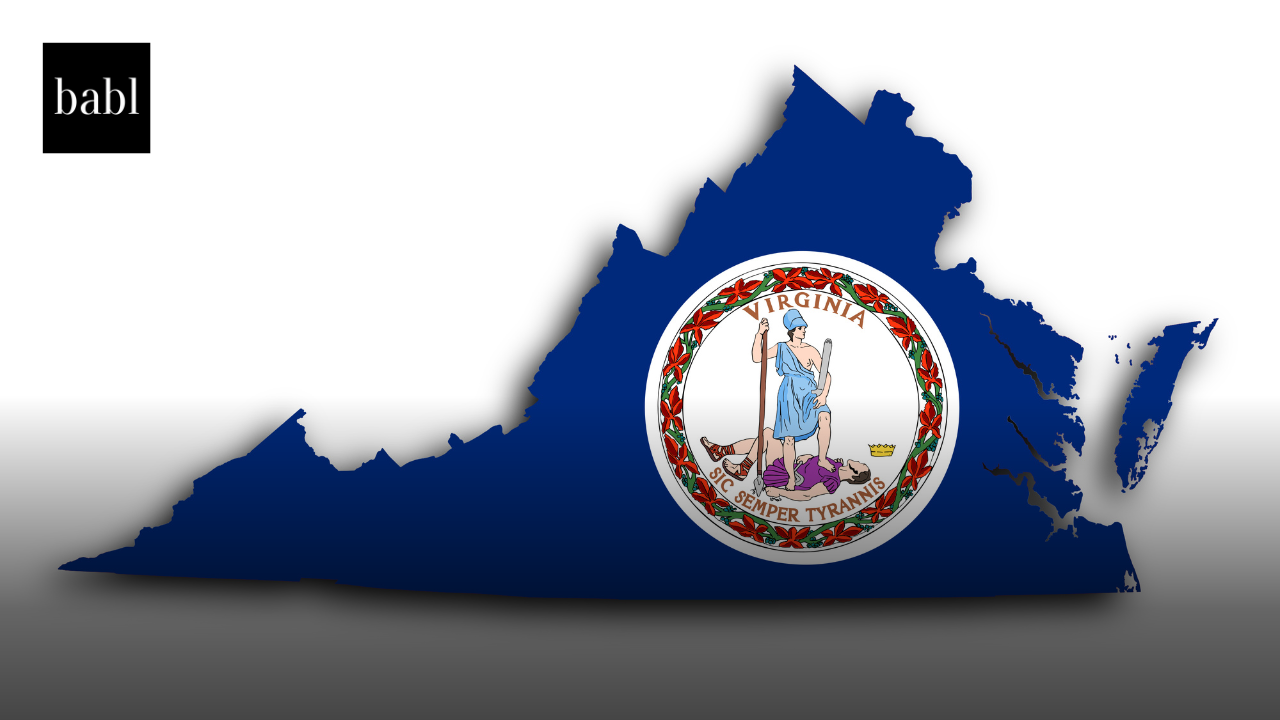Virginia Gov. Glenn Youngkin vetoed a landmark artificial intelligence (AI) accountability bill on Monday that would have established one of the most comprehensive state-level regulatory frameworks in the country for high-risk AI systems.
The bill, HB 2094, introduced by Del. Michelle Lopes Maldonado (D-Prince William), aimed to protect Virginians from algorithmic discrimination in critical life domains such as housing, employment, education, healthcare, and financial services. If enacted, it would have made Virginia the second U.S. state, after Colorado, to implement such wide-reaching AI regulations.
Youngkin acknowledged the need for responsible AI governance but said the bill imposed excessive regulatory burdens, especially on small businesses and startups. In his veto message, Youngkin wrote that the bill’s “framework fails to account for the rapidly evolving and fast-moving nature of the AI industry and puts an especially onerous burden on smaller firms and startups that lack large legal compliance departments.”
The bill defined “high-risk AI systems” as those used to make consequential decisions—like parole determinations, job offers, or access to loans—that significantly affect individuals’ rights or opportunities. Developers of these systems would have been required to implement documented risk management practices, conduct impact assessments, and provide plain-language summaries of their systems’ intended purposes, limitations, and safeguards. The bill also placed requirements on deployers—entities using AI tools—mandating that they notify consumers when an automated decision is made and allow for human review when necessary.
Virginia’s AI accountability legislation included detailed obligations to prevent discrimination based on race, sex, religion, disability, or other protected characteristics. It also required deployers to establish processes for consumers to access, correct, or contest automated decisions.
Under the proposed law, AI-generated decisions would have to be transparent. Consumers would receive notices when interacting with AI and be given reasons for adverse decisions, along with opportunities to appeal and correct personal data errors. The Attorney General would have had exclusive enforcement authority, with civil penalties reaching up to $10,000 per violation.
Need Help?
If you’re concerned or have questions about how to navigate Virginia or any portion of the AI regulatory landscape, don’t hesitate to reach out to BABL AI. Their Audit Experts can offer valuable insight and ensure you’re informed and compliant.





